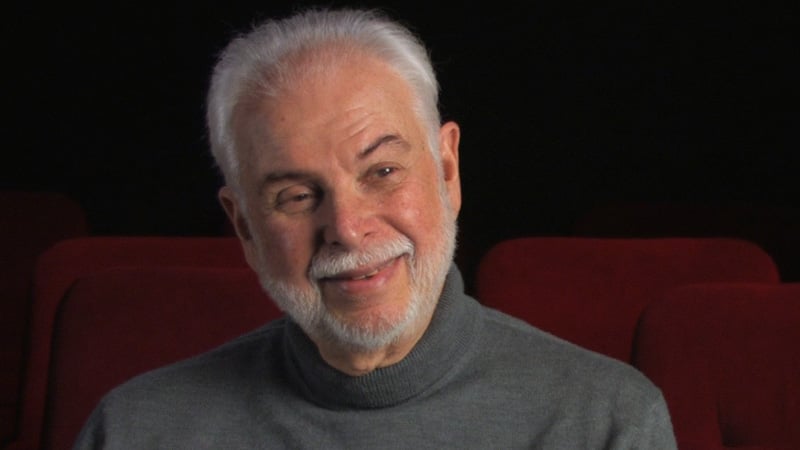Visual History with Burt Bluestein
Interviewed by:Kevin Koster
Burt Bluestein began his career in filmmaking in 1962 in Manhattan’s booming advertising industry, where he worked in the production back end, cutting, screening and packaging commercial reels. He next moved on to Robert Lawrence Productions, a television commercial firm and joined the Guild in 1964 as a production associate, before landing his first motion picture job as a production assistant on director Richard Sarafian’s Andy in 1965. From there Bluestein freelanced on productions shot throughout major east coast cities such as Marcel Carne’s Trois Chambre a Manhattan (1965), Ralph Nelson’s Charly (1968), Vincente Minelli’s On a Clear Day You Can See Forever (1970), and the television series Gomer Pyle, USMC.
In 1970 he was hired as a UPM for the commercials production company Sokolsky Films and worked with such prominent commercials directors as Ridley Scott, who at the time was directing his first commercials in the United States. A major career milestone, Bluestein served as the 2nd AD on Francis Ford Coppola’s Oscar-winning epic, The Godfather: Part II in 1974. In 1977 Bluestein moved to Hollywood, signing a contract with Universal Studios, and working as a UPM and 1st AD on the series Kojak, Emergency!, Quincy, M.E., Darkroom, Jake and the Fatman, Alien Nation and Hill Street Blues, as well as the mini-series Centennial, Gangster Chronicles, and Return to Lonesome Dove. Beginning in the 1980s he began working as a UPM and 1st AD on major motion pictures such as Somewhere in Time (1980), Blood Sport (1988), Point Break (1991), and Leap of Faith (1992). During the 1990s and into the 21st century, Bluestein worked as a UPM on the series The Burning Zone, Nash Bridges, and MDs, as well as the film Least Among Saints (2012).
A very active member of the Guild, Bluestein served on the Eastern AD/UPM Council from 1971-78, the Western AD/UPM Council from 1981-2010, and the National Board from 1981-2003. Bluestein also served on the 1977, 1981, 1984, 1987, 1990, 1993, 1996, 1999, 2002, and 2011 Negotiating Committees. He was also was one of the founders of the DGA’s Political Action Committee (PAC) in 1996. For his commitment and service to the Guild, Bluestein was awarded the Robert B. Aldrich Achievement Award in 1994, which recognizes extraordinary service to the Directors Guild of America and to its membership, and the Frank Capra Award in 2002, which is given to an Assistant Director or Unit Production Manager in recognition of their career and service to the industry and the DGA.
Select Viewing Option:
Highlights